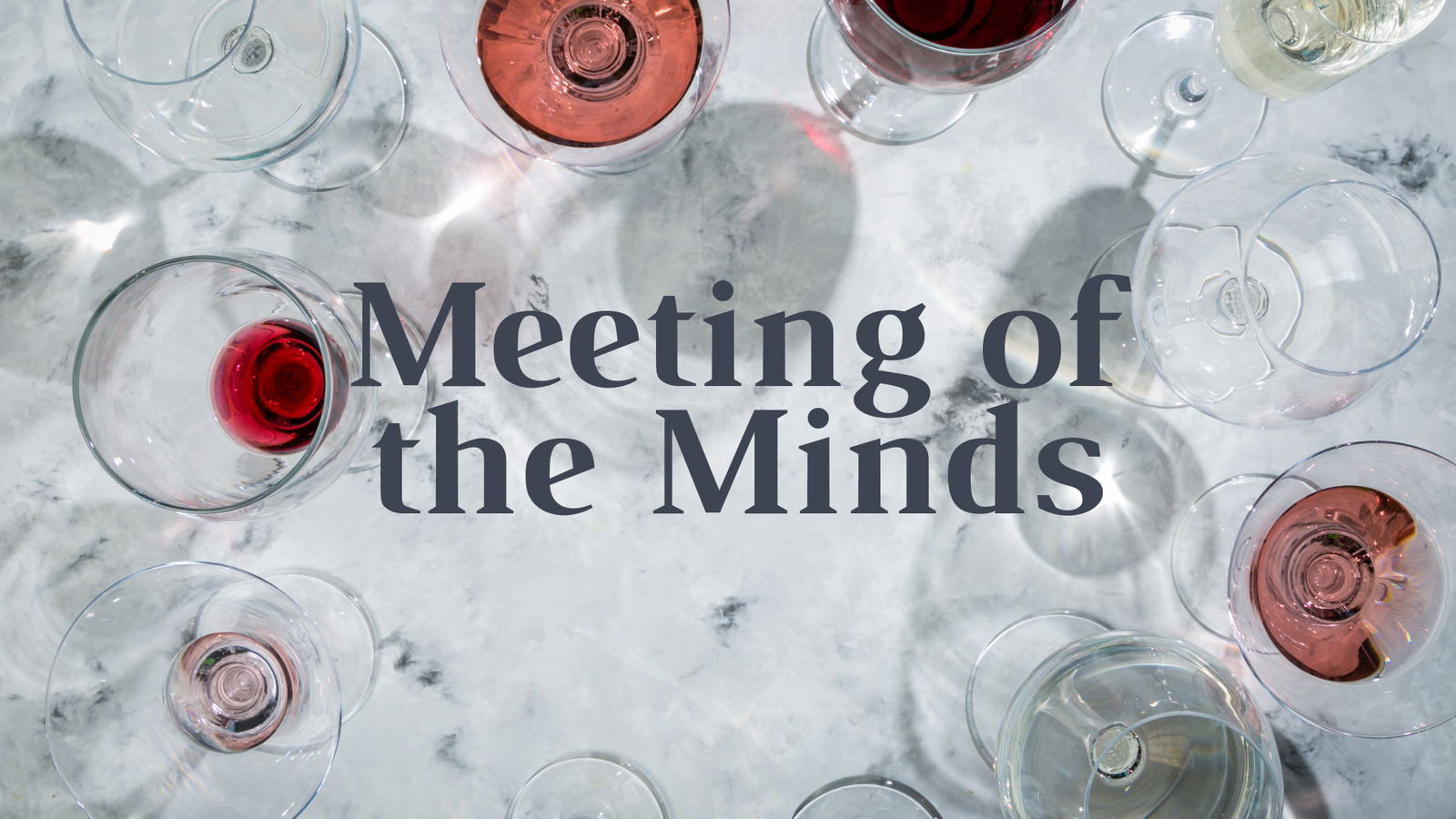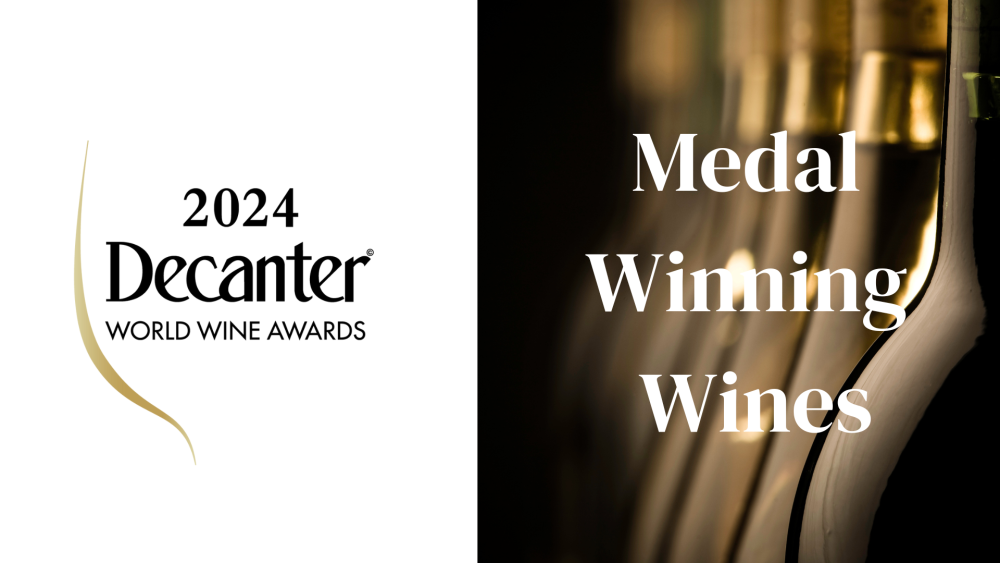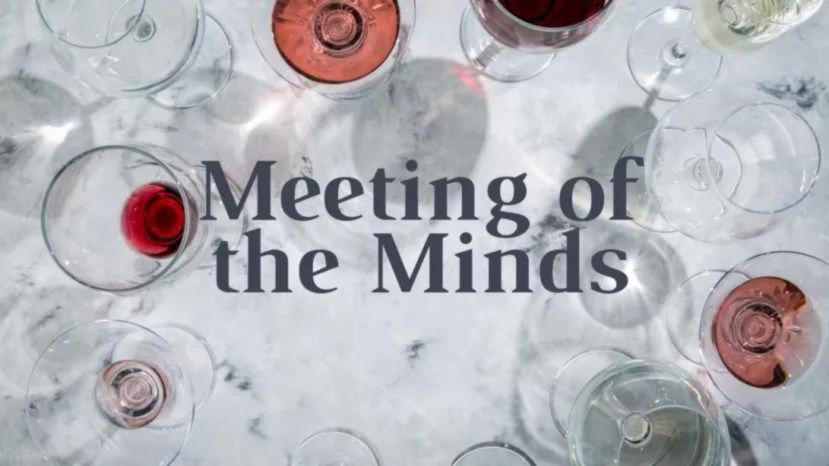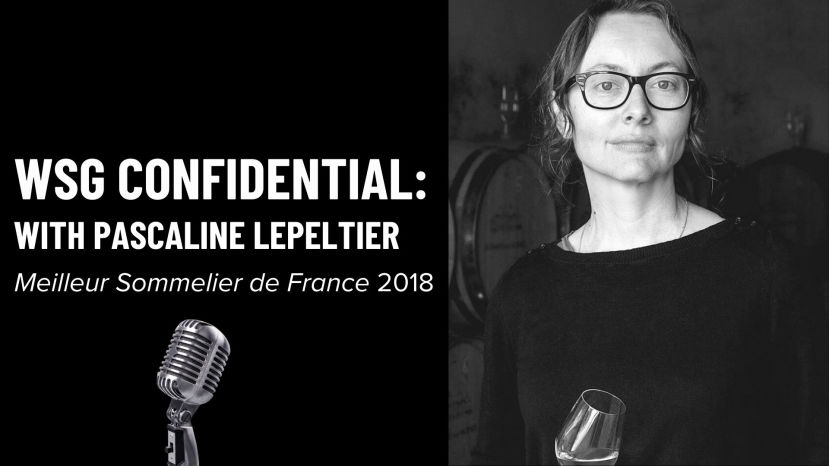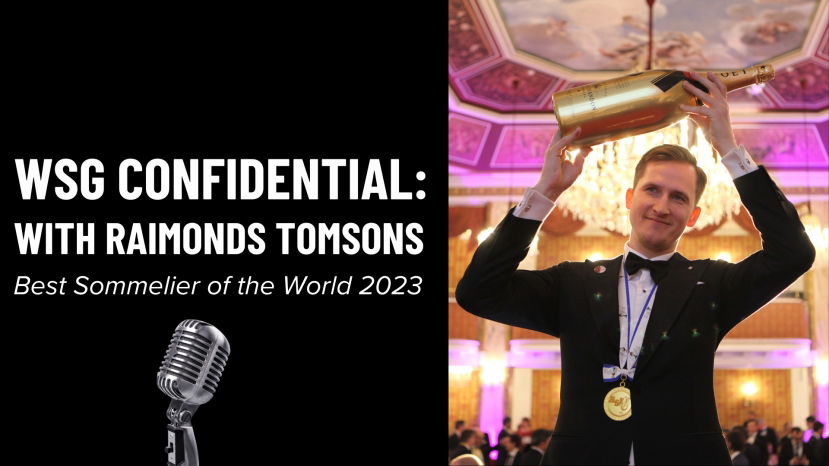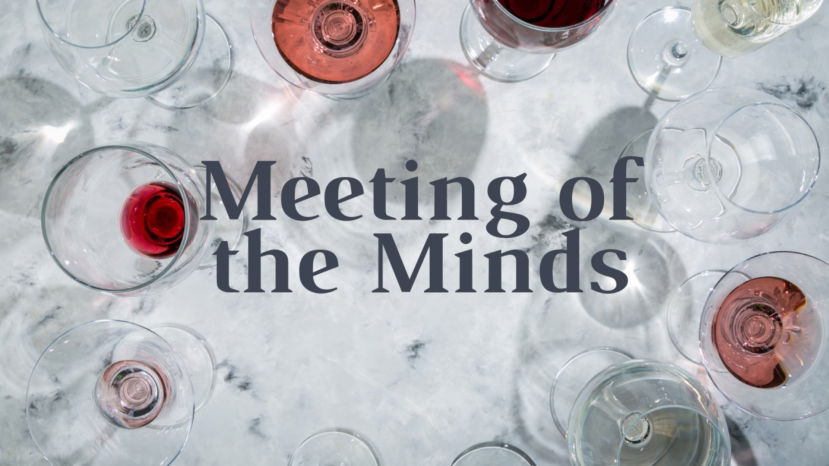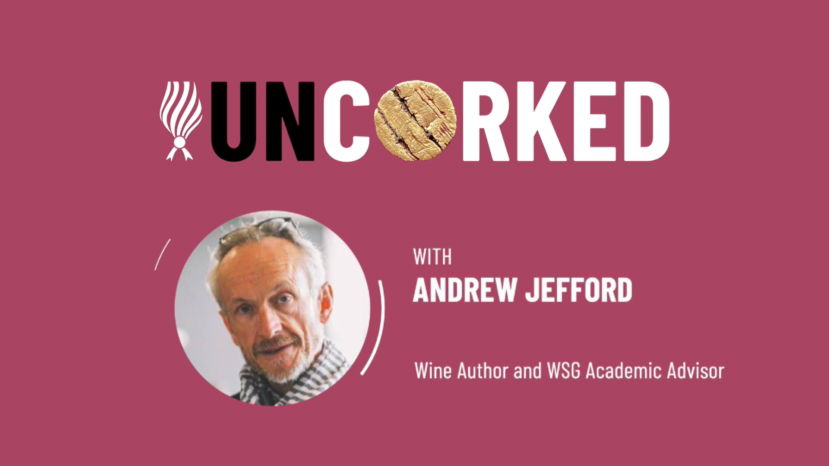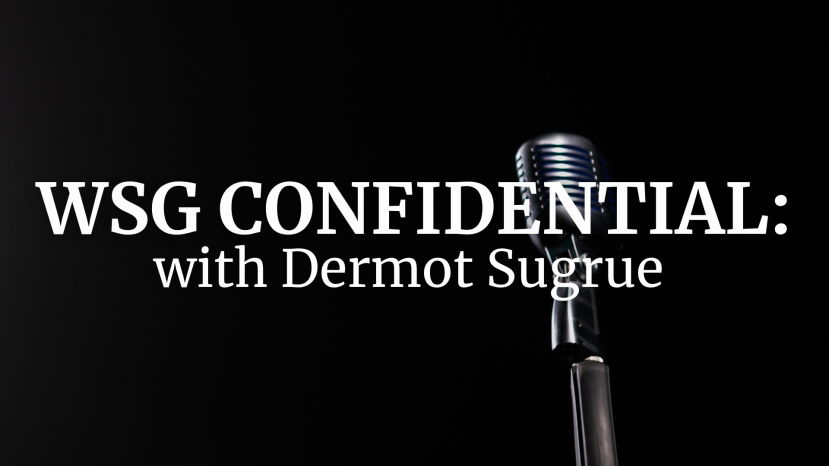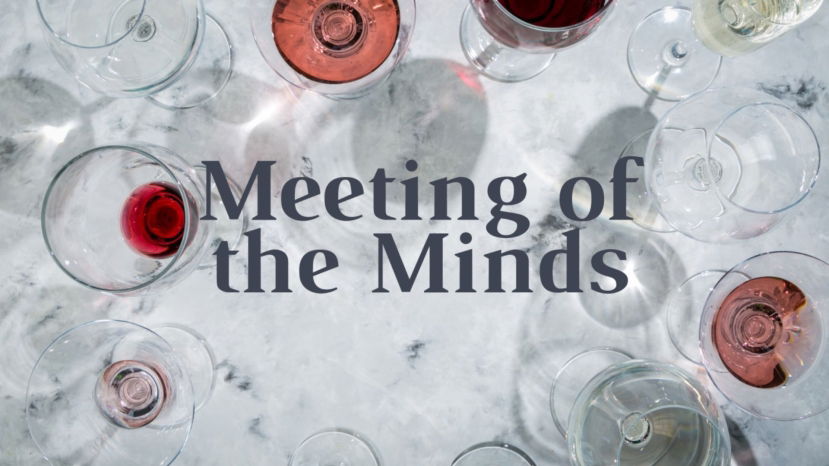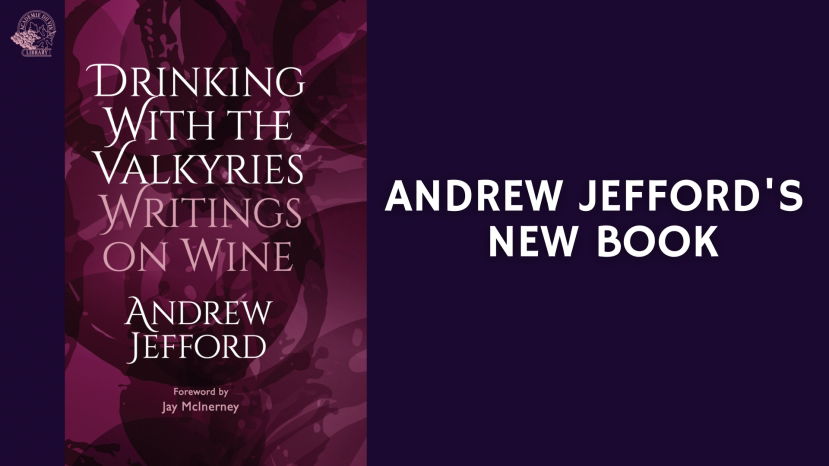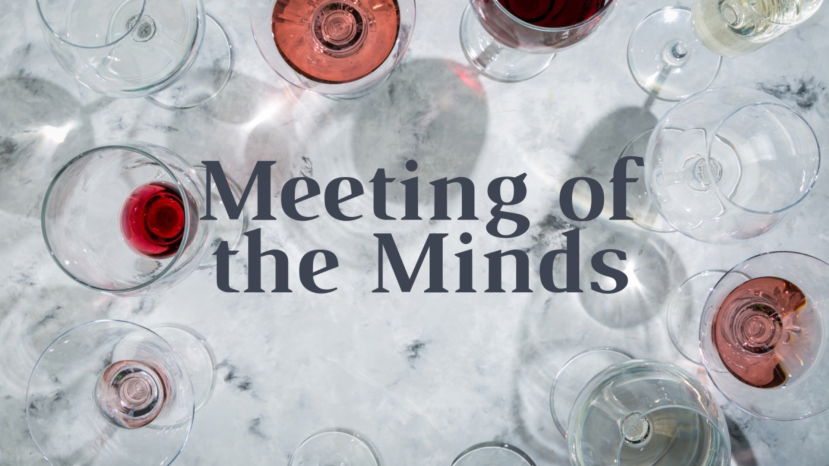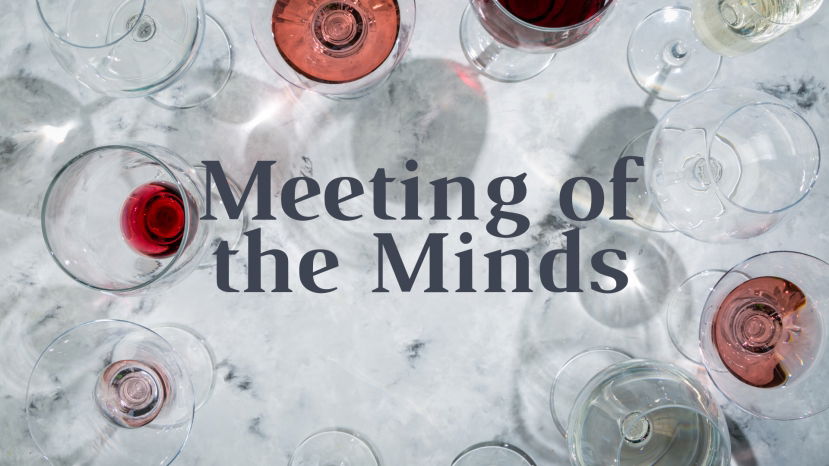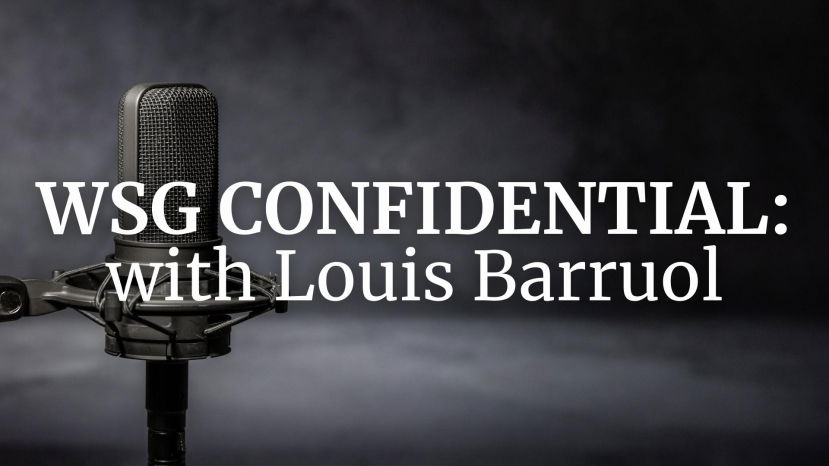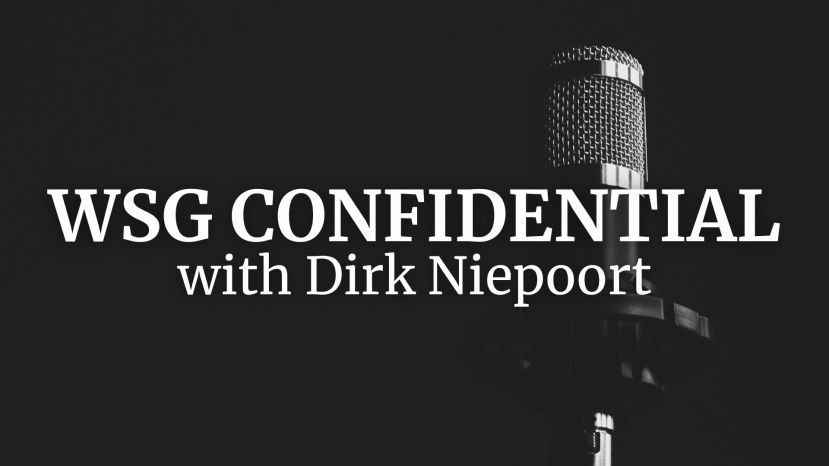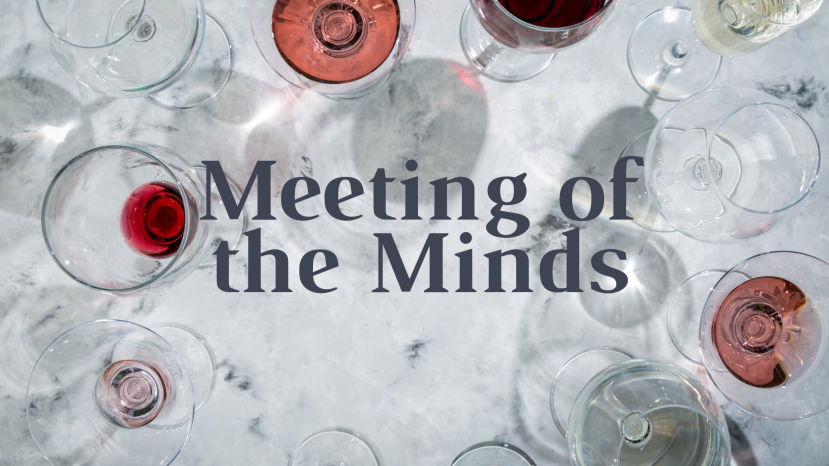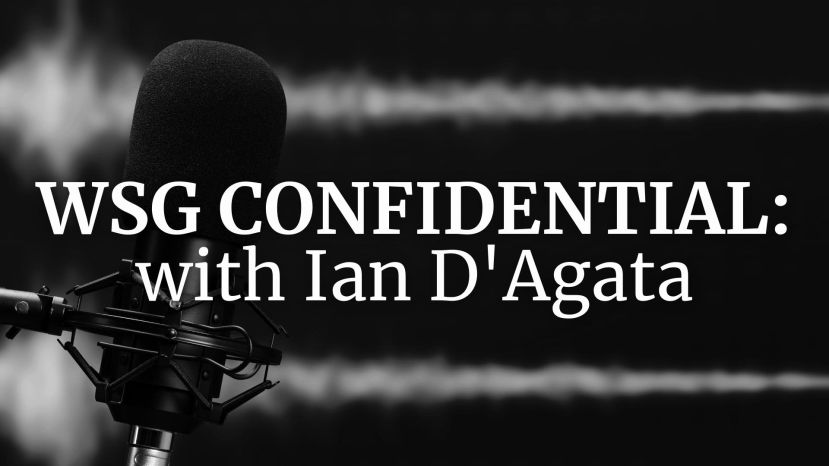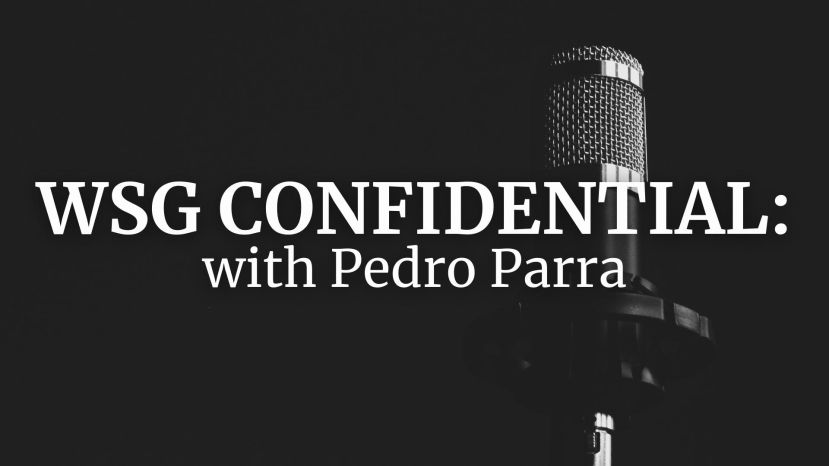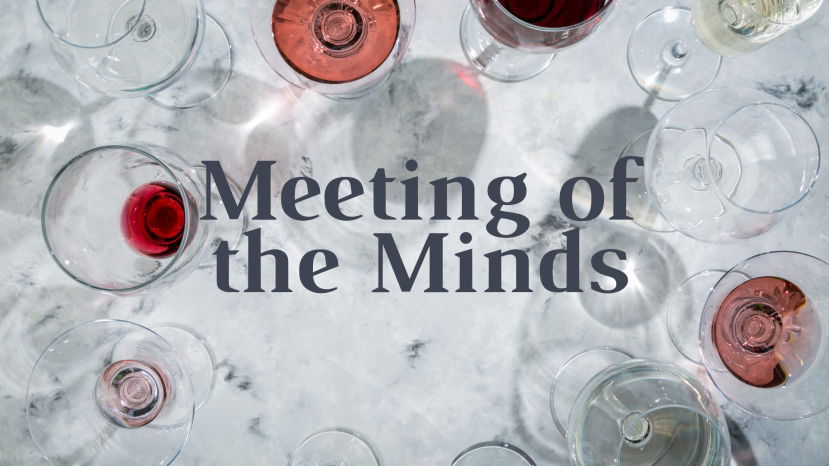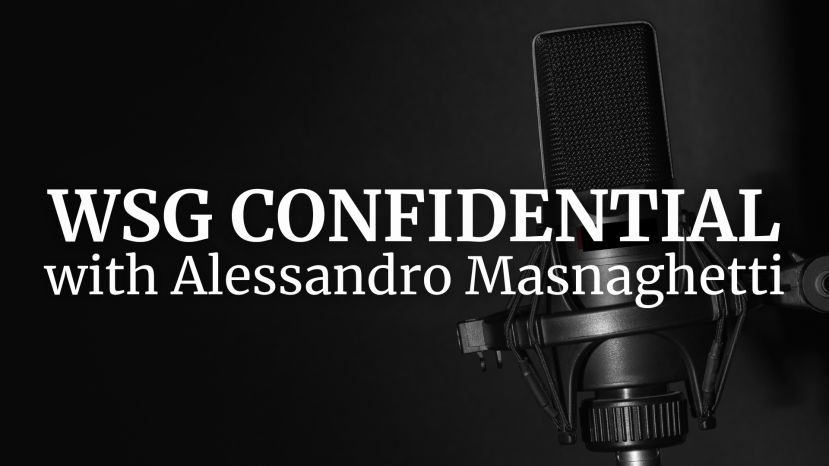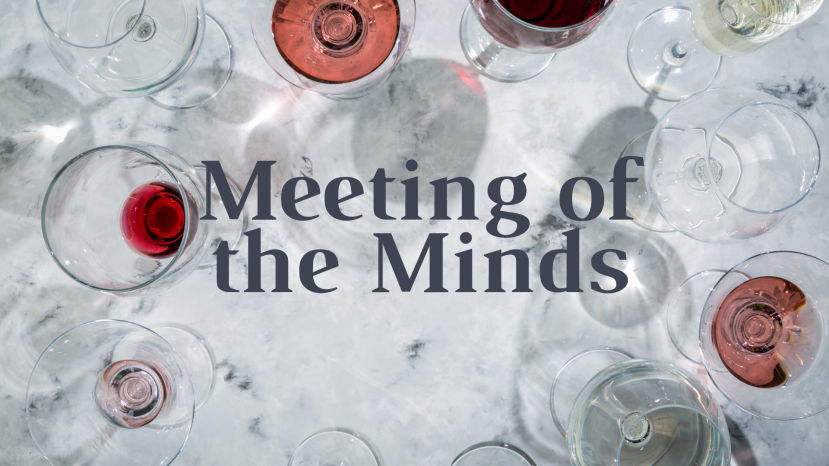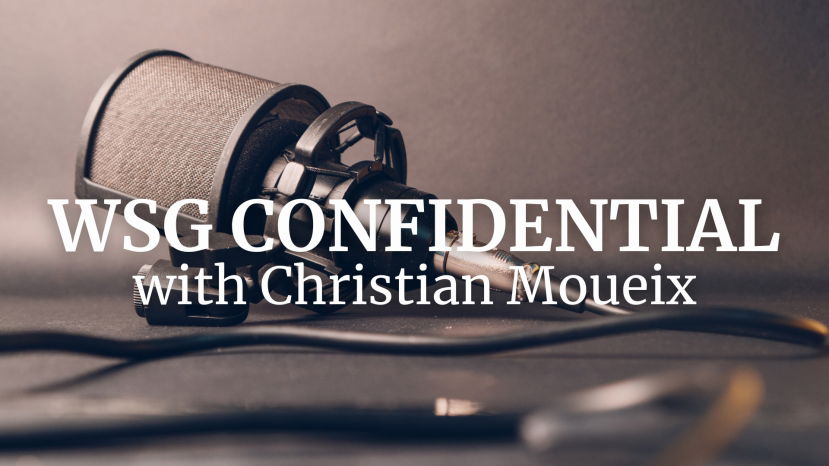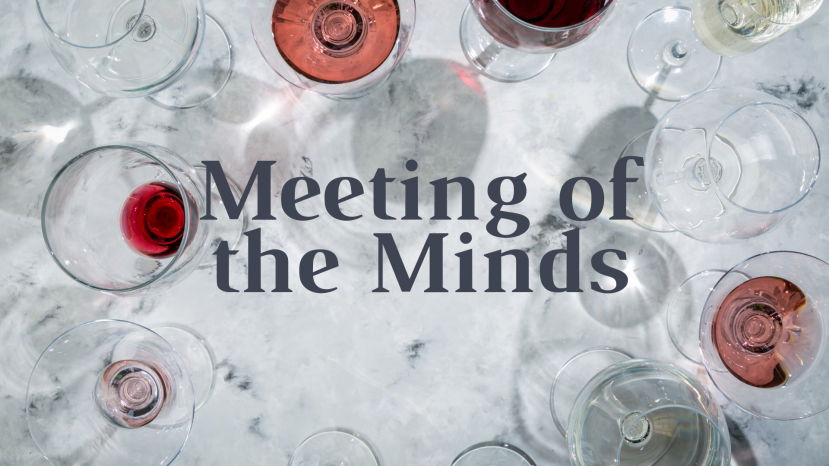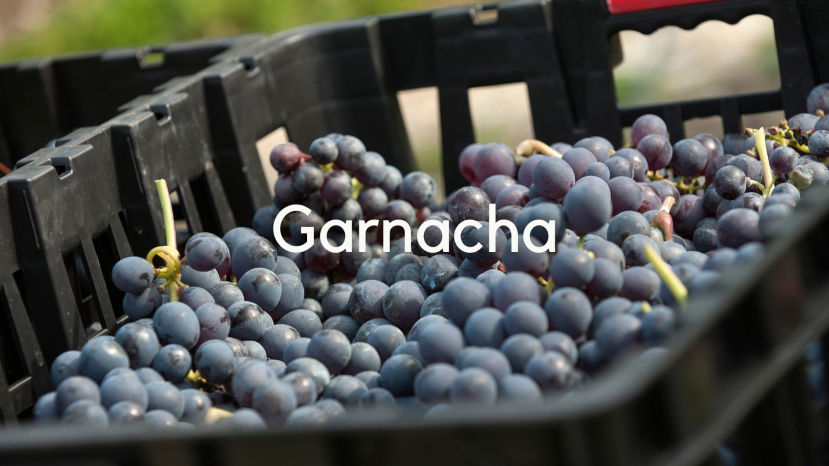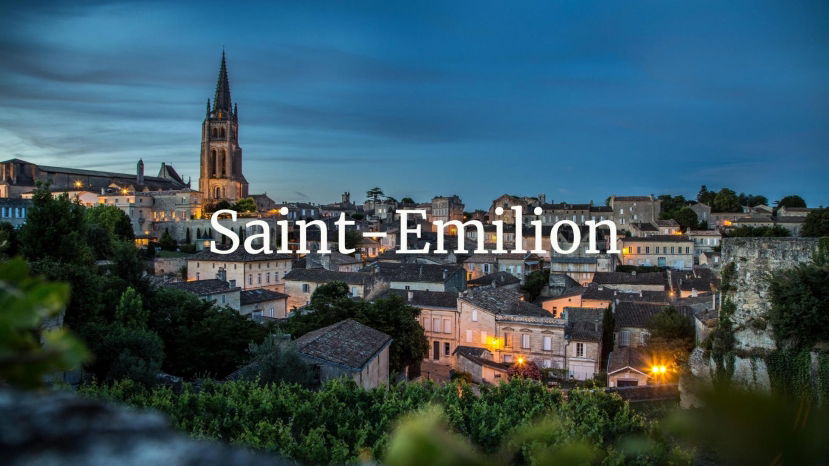
Wine-Making Aesthetics & Wine-Making Trends
Summary:
Every drop of wine we ever drink is the product of observation, intervention and craftsmanship. Without intervention, every wine would be oxidising and turning to vinegar; without craftsmanship, every wine would be rough and unpalatable. Advances in craftsmanship have brought us the extraordinary beauty and diversity we are all familiar with and that we celebrate in today’s wine world.
What have been the key winemaking advances of the last two decades, and what changes and challenges await in a world of rapid and unprecedented climate change? Among the many topics, our expert panel hopes to touch on are:
- Dramatic advances in the sorting and handling of harvested fruit
- The deepening understanding of balance in wine (acidity, alcohol, other elements)
- Changing attitudes to the role of oak in élevage, and the increasing use of large wooden vessels, of well-seasoned oak, of concrete and of earthenware vessels
- The role of oxygen in fermentation and ageing processes (micro-oxygenation through to controlled oxidation)
- Skin-contact white wines (orange or amber wines, or qvevri-made white wines)
- The deepening understanding of tannins, especially in red wines, and the extraordinary advances in textural sophistication of red wines in certain regions
- The meaning and application of “non-interventionism” as a means to achieving vineyard or terroir expression
- ‘Precision’ and ‘purity’ as the new aesthetic desiderata for wine, replacing those such as ‘power’, ‘opulence’ and ‘generosity’
- The role of (primary) fruit flavours in wine
- Warm and hot vintages: responses in vineyard and winery
- Redefining varietal styles and regional styles for a changing world
Host and Panelists:
Wine Scholar Guild Academic Advisor Andrew Jefford, speaking from France, will be bringing together a panel of key thinkers, writers and winemakers in four countries to talk through these and other issues.
Fiona Morrison MW is a writer, winemaker and wine merchant based in both Bordeaux (where with her husband Jacques Thienpont she manages Ch Le Pin, L’If and Le Hêtre) and in Belgium, where she manages the family Thienpont négociant business; she obtained her MW in 1994.
St Helena-based Rosemary Cakebread owns and makes the wines for the much-admired Gallica; she is a former winemaker and consulting winemaker for Spottswoode.
Consultant and writer Pedro Ballesteros MW is a qualified agronomical engineer and holds a Masters degree in viticulture and oenology, as well as having obtained his MW in 2010. A polymath and polyglot (working in four languages: English, French, Spanish and Italian), Pedro is based in Brussels where he formerly worked for the European Union.
Tuscany-based Alberto Antonini was cited by Decanter magazine in 2015 as one of the five most influential winemaking consultants in the world. After training in Tuscany, Bordeaux and in Napa and working for Frescobaldi and Col D’Orcia, Alberto now consults in Italy, Argentina, Chile, Uruguay, California, Canada, Spain, Portugal, Armenia, Russia, Israel and Australia.
